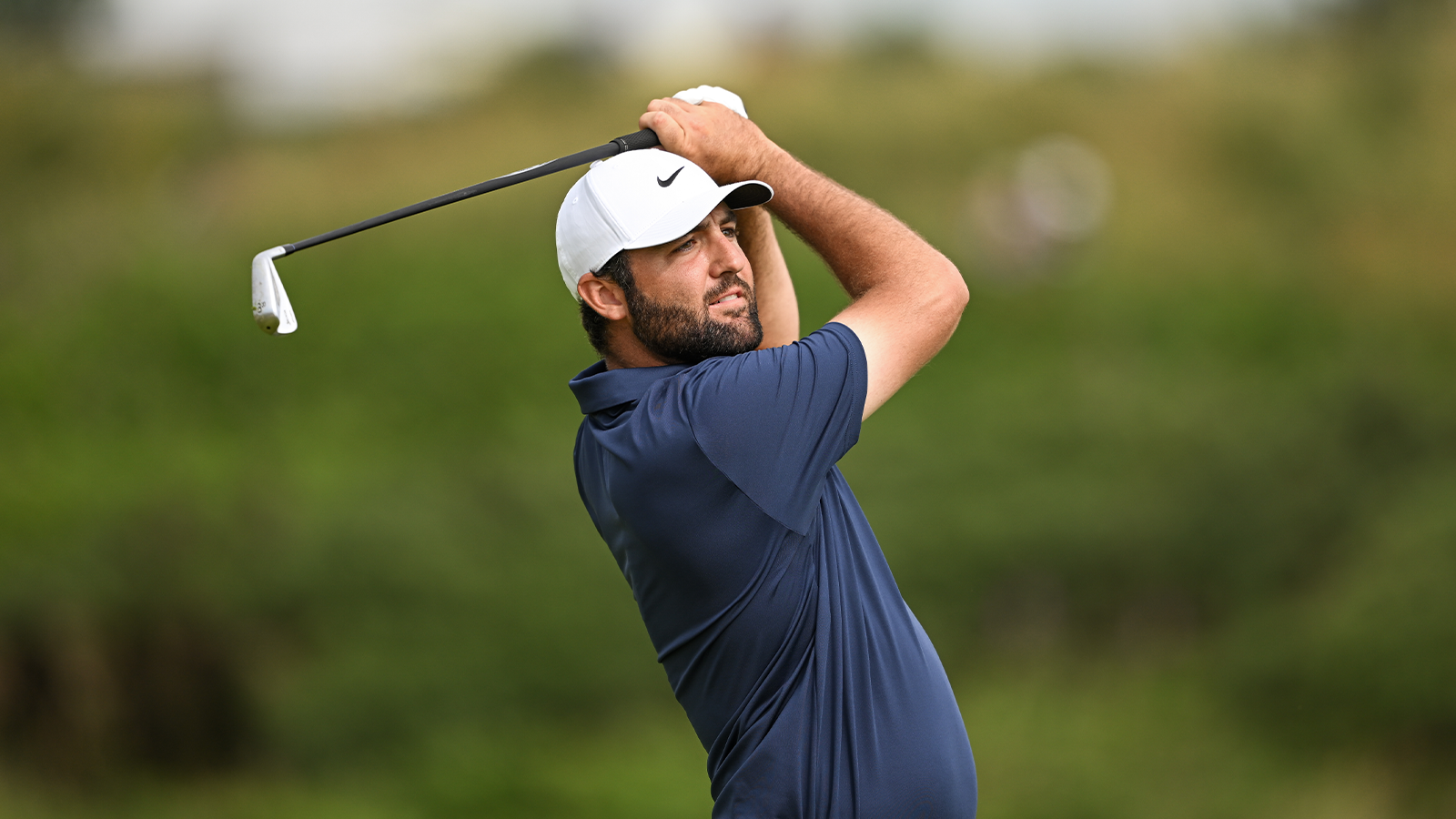Intermediate
Scottie Scheffler’s Winning Formula: Steady, Methodical, and Disciplined Golf
By Brendon Elliott, PGA
Published on

Most golfers lose their minds the second things go wrong. One bad shot becomes a bad hole. A bad hole becomes a disaster round. They start chasing birdies when they should be grinding for pars.
But watching Scottie Scheffler win his fourth major at Royal Portrush last week, and you'll see something completely different. While everyone else was fighting the wind and their own frustration, Scottie just kept doing Scottie things. Shot after shot, hole after hole, he stuck to his plan and executed with the kind of boring consistency that wins championships.
This wasn't some miraculous comeback or highlight-reel performance. It was a masterclass in staying disciplined when everything around you is chaos. Scottie didn't win with hero shots — he won by never getting ahead of himself and trusting what works.
The Anatomy Of Surgical Golf
Here's the thing about Scheffler: he gets that great golf isn't about being perfect on every swing. It's about being perfectly committed to every swing. While other guys are checking leaderboards or overthinking the weather, Scottie's locked in on one thing — the shot right in front of him.
At Portrush, you could see it clear as day. Wind picks up? He works with it instead of fighting it. Putt lips out? He moves on without a second thought. Good break comes his way? He takes it without getting greedy.
That's what surgical golf looks like — no wasted energy, no emotional swings, just relentless execution.
Four Keys To Playing Scheffler's Game
1. Commit to Every Shot
The biggest gap between Scheffler and weekend golfers isn't talent — it's commitment. Once Scottie picks a club and target, that's it. No second-guessing, no tentative half-swings, no crossing his fingers and hoping. He trusts his read and swings like he means it. That complete commitment is what lets him swing freely even when the pressure's on.
2. Play Your Own Scorecard
Scottie doesn't get distracted by what everyone else is doing. He's got a plan for each hole and sticks to it whether he's up by five or down by three. This kind of internal focus keeps him from making the emotional decisions that wreck most rounds. When you're only competing against the course, you make way better choices.
3. Embrace The Process Over Results
Watch how Scottie reacts to great shots versus bad ones — it's basically the same reaction every time. He processes what happened, maybe adjusts something small, then immediately moves on to the next shot. Good shots don't make him cocky, bad shots don't shake his confidence. He just keeps grinding through his process.
4. Trust Your Preparation
Scottie's confidence comes from knowing he put in the work. His routine, his course management, his swing thoughts — all of it comes from hours of deliberate practice. When things get tight, he doesn't abandon what got him there. He doubles down on it. That's what lets him be aggressive when he needs to be and patient when that's what the situation calls for.
Practice This: The Present Moment Drill
Here's a simple drill to develop that Scheffler-level focus during your rounds:
Step 1: The Three Questions
Before every shot, take three deep breaths and ask yourself:
- What is my target?
- What is my commitment?
- What does this shot require?
Don't hit the ball until you have clear answers to all three.
Step 2: Execute With Conviction
During the shot, focus only on executing your commitment. No second-guessing, no steering — just trust your decision and swing.
Step 3: Reset And Move Forward
After the shot (good or bad), take one deep breath and immediately shift your attention to walking to your ball and planning your next shot.
Step 4: Treat Every Shot The Same
Practice this routine on every single shot for an entire round. That driver on the first tee gets the same treatment as that two-footer on eighteen.
The next time you're out on the course, channel Scottie at Portrush: stay present, trust your process, and let your preparation do the talking. Your scores will improve, but more importantly, you'll start playing with the kind of quiet confidence that makes golf actually enjoyable — one shot at a time.
PGA of America Golf Professional Brendon Elliott is an award-winning coach and golf writer. Read his recent Monday Recap onRG.org and his stories on Athlon Sports. To stay updated on his latest work, sign up for his newsletter and visit OneMoreRollGolf.com.


